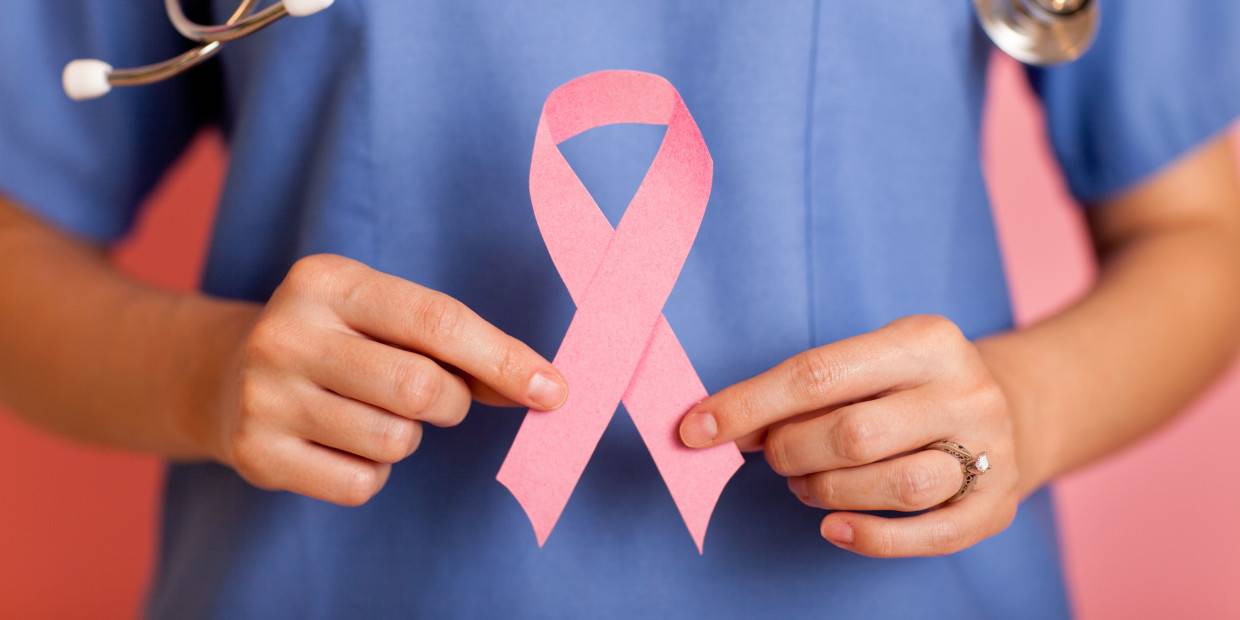Breast cancer is a malignant tumor that begins in the cells of the breast. It is the second most common type of cancer among women globally, accounting for nearly 1 in 4 cancer cases in women. The exact causes of breast cancer are not fully understood, but various factors can increase a person's risk of developing breast cancer. In this article, we will discuss the causes of breast cancer.
Age and Gender: The most significant risk factor for breast cancer is age. Breast cancer is more common in women over 50 years of age. Men can also develop breast cancer, but the incidence is much lower than women.
Family history and genetics: Women who have a family history of breast cancer, especially if a close relative like a mother, sister, or daughter has been diagnosed with the disease, have an increased risk of developing breast cancer. Certain genetic mutations such as BRCA1 and BRCA2 genes, can also increase the risk of developing breast cancer.
Hormonal factors: Hormones play a critical role in the development of breast cancer. Women who have started menstruating before the age of 12 or who have reached menopause after the age of 55 have an increased risk of developing breast cancer. Women who have had hormone replacement therapy (HRT) for more than five years are also at an increased risk of developing breast cancer.
Lifestyle factors: Several lifestyle factors can increase the risk of developing breast cancer, such as alcohol consumption, being overweight or obese, lack of physical activity, and smoking.
Radiation exposure: Women who have had radiation therapy to the chest area as part of cancer treatment have an increased risk of developing breast cancer.
Dense breast tissue: Women with dense breast tissue have a higher risk of developing breast cancer than women with less dense breast tissue.
Environmental factors: Exposure to environmental toxins and pollutants such as pesticides, industrial chemicals, and hormones used in livestock farming may increase the risk of developing breast cancer.
Previous breast cancer diagnosis: Women who have previously been diagnosed with breast cancer have an increased risk of developing a new breast cancer, either in the same breast or in the opposite breast.
Benign breast conditions: Some benign breast conditions, such as atypical hyperplasia, can increase the risk of developing breast cancer.
In conclusion, breast cancer is a complex disease with multiple risk factors. While some of these risk factors, such as age and genetics, cannot be controlled, several lifestyle factors such as maintaining a healthy weight, exercising regularly, and avoiding alcohol and smoking can reduce the risk of developing breast cancer. It is crucial to be aware of your family history, breast density, and other risk factors and to undergo regular breast cancer screenings to detect any potential tumors early. Early detection can significantly improve the chances of successful treatment and survival.



No comments yet
Be the first to share your thoughts!